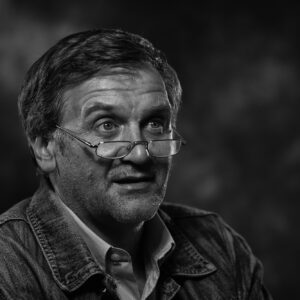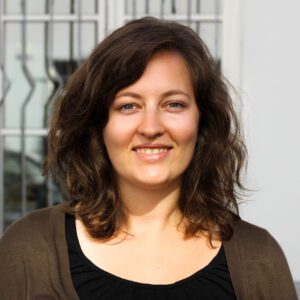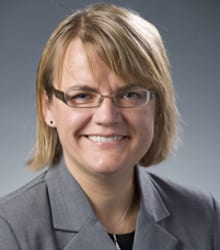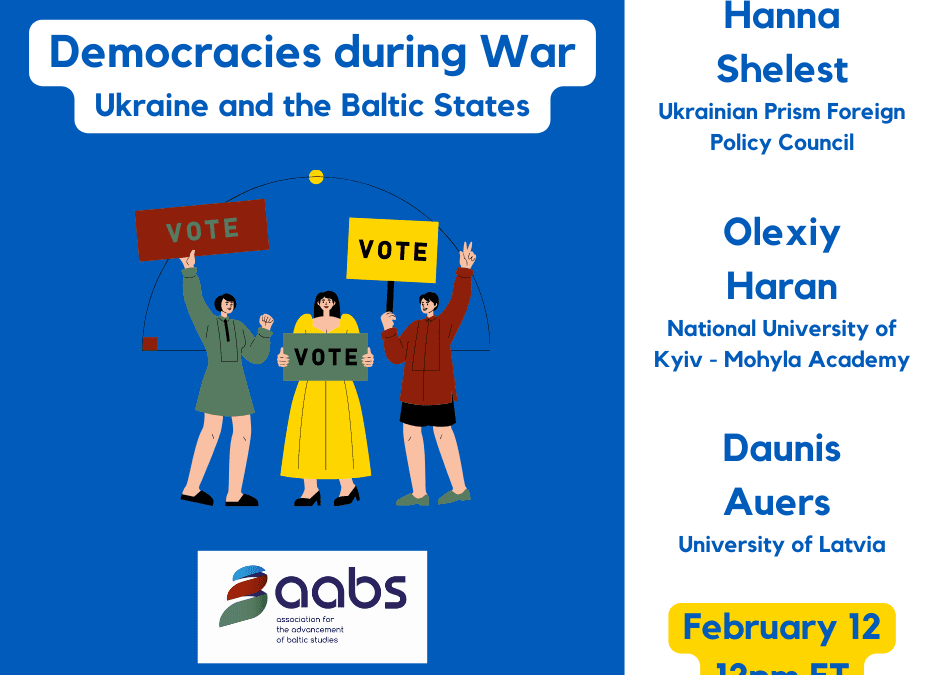The Association for the Advancement of Baltic Studies hosted an online roundtable discussion on “Democracies during War: Ukraine and the Baltic States” on Monday, February 12, 2024, from 12:00-1:00 pm EST.
There is no shortage of critical situations challenging the survival of democracies in Ukraine and the Baltic states. The pandemic coincided with rising populism and challenges to the legitimacy of the government. And even worse was yet to come—in 2022, the full-scale invasion of Ukraine by Russia presented the entire democratic world with an unprecedented challenge of maintaining the liberal world order and supporting democratic rule. In the face of this challenge, the war has revealed the enormous ability and enthusiasm of civil society in Ukraine and the Baltic states to mobilize to resist Russia’s aggression. What accounts for this successful mobilization? Is this a guarantee of the survival of democracies in Ukraine and the Baltic states? As the war continues, what are the main challenges faced by these democracies?
These and other questions were tackled by Hanna Shelest (Foreign Policy Council “Ukrainian Prism”), Olexiy Haran (National University of Kyiv Mohyla Academy), and Daunis Auers (University of Latvia). The webinar was moderated by Jogilė Ulinskaitė (Vilnius University) and welcome remarks were delivered by AABS President Dovilė Budrytė (Georgia Gwinnett College).

Hanna Shelest
Foreign Policy Council “Ukrainian Prism”
Hanna Shelest is a Director of Security Studies and Global Outreach Programmes at the Foreign Policy Council “Ukrainian Prism” and Editor-in-chief at UA: Ukraine Analytica. Dr. Shelest is also a non-resident senior fellow at CEPA (Washington, DC). Before this, she had served for more than ten years as a Senior Researcher at the National Institute for Strategic Studies under the President of Ukraine, Odesa Branch. In 2014, Dr. Shelest was a Visiting Research Fellow at the NATO Defense College in Rome. She has experience in strategic communication and consultancy for government and business, as well as teaching at universities. Since 2006, Dr. Shelest has been a guest lecturer for the Diplomatic Academy of Ukraine, George C. Marshall European Center for Security Studies, Swedish Defence University, Ukrainian Catholic University, etc. Dr. Shelest was an adviser of the Working Group preparing Ukrainian Navy Strategy 2035 and was involved in working groups developing the Foreign Policy Strategy of Ukraine, Asian Strategy for MFA, and Ukraine’s NATO Public Communication Strategy.

Olexiy Haran
National University of Kyiv Mohyla Academy
Olexiy Haran is Professor of Comparative Politics at the National University of Kyiv Mohyla Academy (UKMA), founded in 1615 but closed in 1817 by the Russian empire. In 1991‑93, he was Dean and organizer of the Faculty of Social Sciences at the re-born Kyiv‑Mohyla Academy. Since 2015, he has served as Research Director at the Democratic Initiatives Foundation (DIF), a leading Ukrainian analytical and sociological think tank. He is the co-editor of Constructing a Political Nation: Changes in the Attitudes of Ukrainians during the War in the Donbas (2017), Ukraine in Europe: Questions and Answers (2009), Russia and Ukraine: Ten Years of Transformation (Moscow 2003) and several other books. His latest book is From Brezhnev to Zelensky: Dilemmas of Ukrainian Political Scientist (2021). Also, he is a frequent commentator in Ukrainian and international media.
In winter 2013-2014, Prof. Haran was a member of the Council of ‘Maidan’ movement. In 2014-2016 as a political scientist, he spent several weeks at the frontline near Mariupol, Luhansk, Avdiivka, and Donetsk airport.

Daunis Auers
University of Latvia
Daunis Auers is Professor of European Studies and Jean Monnet Chair at the University of Latvia, and serves as Director-at-large of the Association for the Advancement of Baltic Studies (AABS). He studied at the London School of Economics and defended his PhD at University College London. He has been a Fulbright Scholar at the University of California-Berkeley (2005-2006) and a Baltic-American Freedom Foundation Scholar at Wayne State University in Detroit (2014) and published widely on political parties, elections, referendums, populism and the radical right and economic competitiveness in the Baltic states. His book on The Comparative Government and Politics of the Baltic States: Estonia, Latvia and Lithuania in the 21st Century – was published by Palgrave Macmillan in 2015. He is currently working on a monograph analyzing Nordic-Baltic integration and is a Fulbright program Visiting Professor at the University of Washington in Seattle during the fall and winter of 2023/2024.
Moderator:

Jogilė Ulinskaitė
Vilnius University
Jogilė Ulinskaitė is an Associate Professor at the Institute of International Relations and Political Science, Vilnius University. She defended her PhD thesis on the populist conception of political representation. Since then, she has been part of a research team that studies the collective memory of the communist and post-communist past. As a post-doctoral fellow at Yale University in 2022, she focused on reconstructing emotional narratives of post-communist transformation from oral history interviews about the Soviet and post-communist past in Lithuania. Her current research integrates memory studies and emotion sociology to analyze experiences of post-communist transformation.
Opening Remarks:

Dovilė Budrytė
Georgia Gwinnett College
Dovilė Budrytė (PhD, Old Dominion University) currently serves as the President of AABS. She served as Vice President of Publications on the AABS board in 2016-2018 and 2018-2020. She is Professor of Political Science at Georgia Gwinnett College and a member of EUROPAST project (Vilnius University). In 2015, 2018 and 2019 she was a visiting professor at Vilnius University and Vytautas Magnus University in Lithuania. She has published articles and books on various topics related to minority rights and memory politics in Lithuania, including Memory and Trauma in International Relations: Theories, Cases and Debates (co-editor with Erica Resende, Routledge 2013), and Crisis and Change in Post-Cold War Global Politics: Ukraine in a Comparative Perspective (co-edited with Erica Resende and Didem Buhari, Palgrave Macmillan, 2018). In 2014/15, she was the recipient of the University System of Georgia Excellence in Teaching Award.

